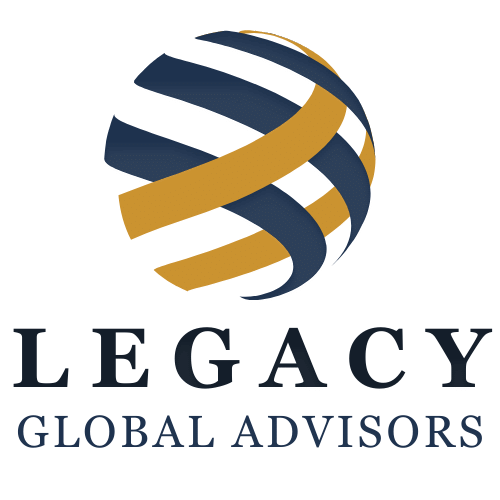In today's world, where globalization has intricately linked individuals from every corner of the globe, the significance of wealth and succession planning extends far beyond mere fiscal concerns. These activities become deeply embedded within the very essence of our interconnected lives, urging us to contemplate our control, the structure of our societal systems, and our role within this vast network.
The Illusion of Control
The autonomy we believe we have over our lives and surroundings is often more limited than we'd like to admit. The natural, autonomous functions of our bodies—like the heartbeat or breath—serve as a humbling reminder of the boundaries set by nature. This realization prompts us to reconsider our influence, not just over personal health and well-being but also over the intricate web of human relationships and societal constructs that we navigate daily.
The Imperative for Structured Planning
Acknowledging our limitations doesn't lead us to despair but rather underscores the necessity for robust, resilient planning. In the realm of globalization and wealth management, it's essential to develop frameworks that ensure equitable resource distribution, legacy continuity, and asset protection that spans generations and geographical boundaries. These frameworks need to be both resilient to change and reflective of the core values and intentions that guide our planning efforts.
Reflections of Ourselves
Often, we critique our leaders and the failures within our systems without recognizing that they are, in many ways, reflections of ourselves. They arise from our communities, embodying our collective values, dreams, and indeed, our flaws. This realization isn't a cause for disillusionment but a clarion call to action, urging us to be the architects of the change we wish to see in our social and political landscapes.
Being Catalysts for Change
The journey towards improvement and meaningful transformation is paved with both individual and collective actions. To be a catalyst for change means to actively engage in reshaping our communities and the governance systems that oversee them. It involves critiquing existing frameworks and contributing to the development of new models that better reflect our highest ideals, particularly in the domains of sustainability, equity, and inclusivity.
Conclusion
As we maneuver through the complexities of a globalized existence, we must embrace our limitations, the critical need for structured planning, and our collective responsibility to drive change. Wealth and succession planning in this global context are not just about financial strategizing; they are moral imperatives that underscore our commitment to fostering a more equitable and sustainable world. Recognizing our interconnectedness and the reflections of ourselves within the systems we navigate allows us to begin carving out paths toward enduring, positive legacies for future generations.
At Legacy Global Advisors, we are dedicated to guiding our clients through these intricate changes, ensuring their wealth management and legacy planning strategies are comprehensive, compliant, and poised for the future. Join us as we explore innovative paths toward a legacy that resonates with today's values and tomorrow's aspirations.

